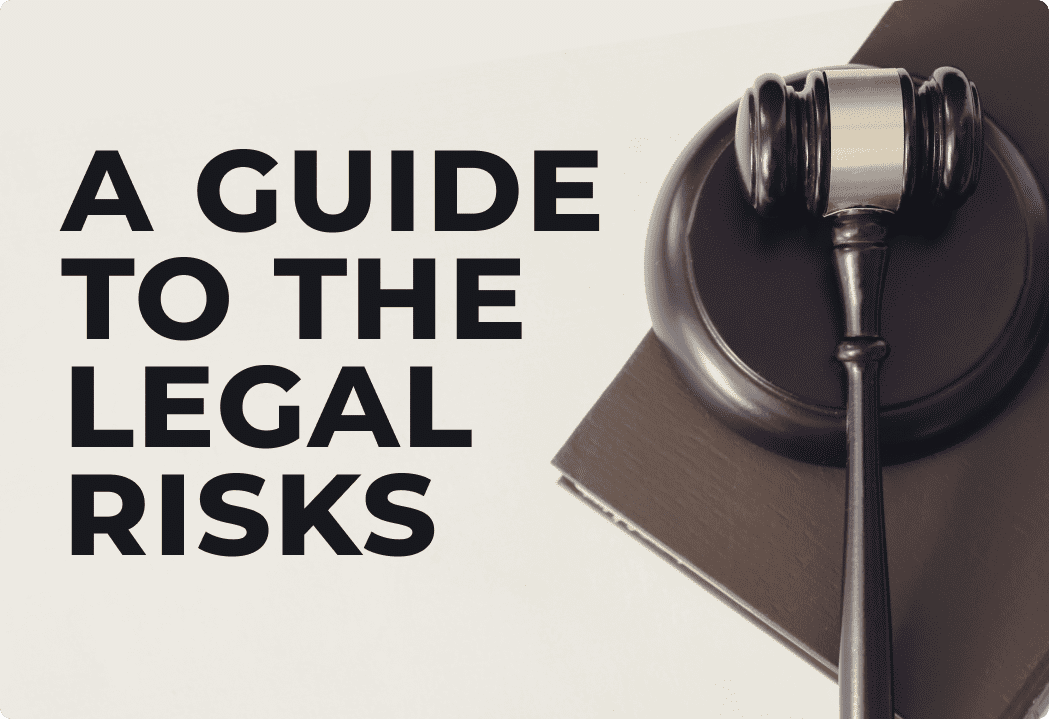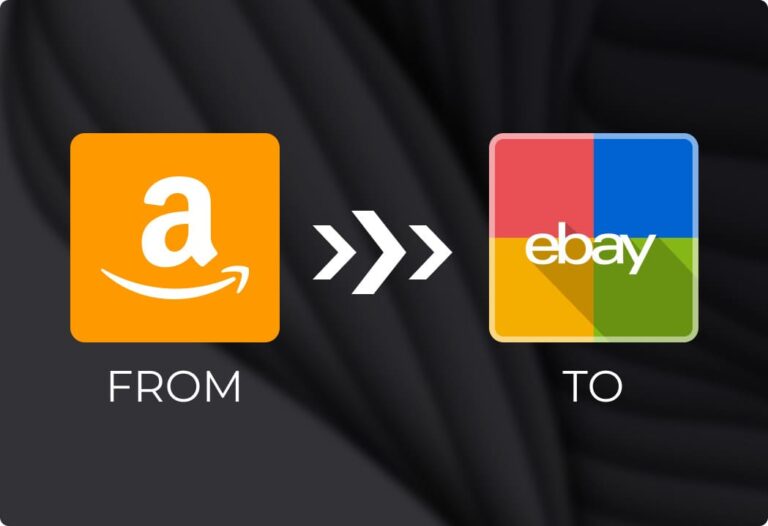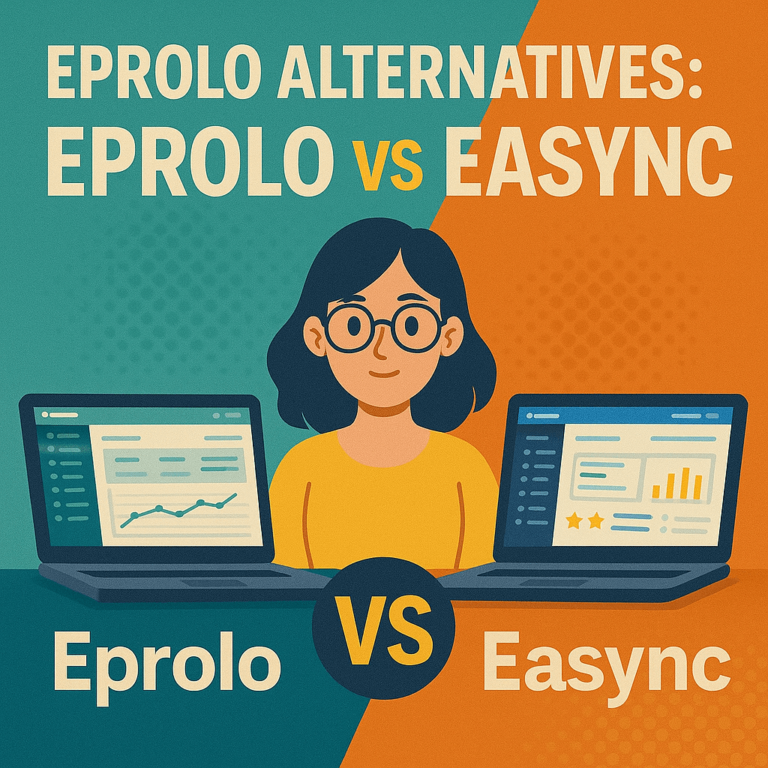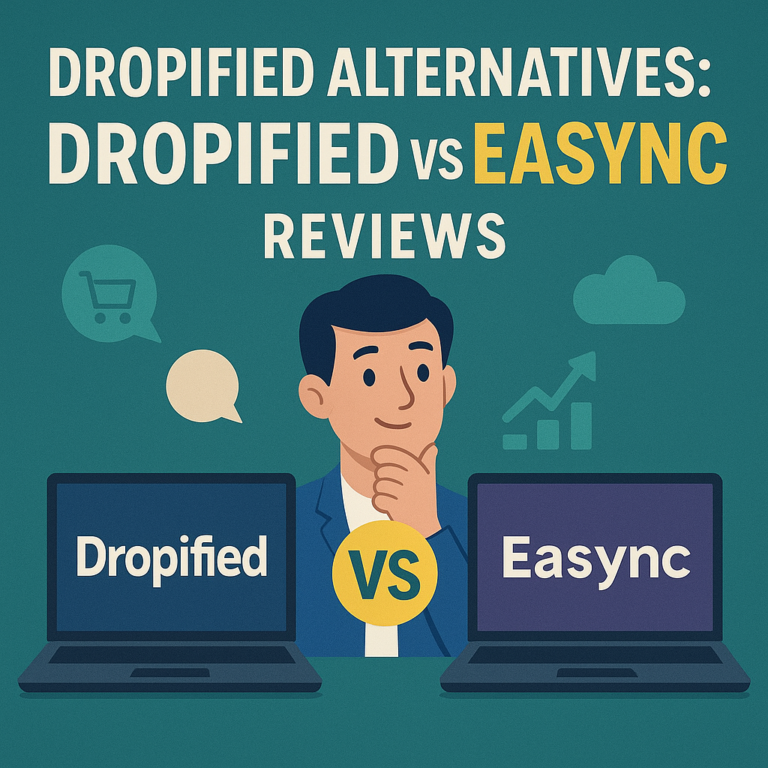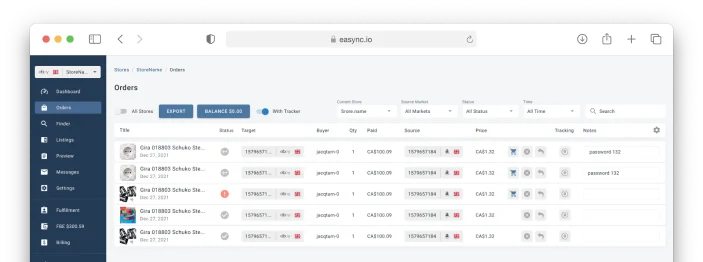Dropshipping is among the best online ventures, but is dropshipping legal? You definitely want to know whether this fulfillment method is allowed. Join me on this journey as we explore everything you need to know before starting.
By the end of this article, you’ll learn;
- What dropshipping is
- Pros and cons of dropshipping
- If dropshipping is legal
- Licensing and taxation laws
- Legal risks to be aware of
- How to avoid legal issues
Dropshipping in a Nutshell
Dropshipping is a business model where you sell products, but you have no inventory. Instead, you use a supplier who then sources, packages, and delivers the product to your customers.
Say, for example, you’re dropshipping watches. You’ll find a supplier who sells you the watch for $10, but you sell it for $20, keeping the $10 profit.
You’ll love the dropshipping model for several reasons.
First, it’s a low-cost and low-risk investment now that you don’t need to purchase inventory beforehand. You only need a sales channel. Next, dropshipping offers excellent flexibility, considering your only responsibility is bringing in the orders; the supplier handles fulfillment.
However, there are some pitfalls which you need to be aware of.
First, there’s stiff competition, but this shouldn’t be a deterrent. You also lack control over aspects such as product quality and inventory. Notably, there’s the risk of legal issues, and that takes us to the main topic of the day: is dropshipping legal?

Is Dropshipping Legal?
From the fact that you’re selling what you don’t have, dropshipping may look like an illegal practice, but the truth of the matter is that dropshipping is legal, just like any other business. Yes, you may not have inventory, but as long as you make sure the customer gets their product, there are no worries at all.
Dropshipping is legal in the US and many other countries globally. I haven’t heard of a country where this business model is restricted.
But is that all?
Of course not. There are several things you need to be aware of.

Is dropshipping legal under 18?
Can you dropship if you’re under 18? Yes. There’s nothing that should stop you from starting a dropshipping business before attaining the legal age. However, considering there’s a lot of paperwork to do with suppliers and payment processors, among other stakeholders, minors will need a guardian to sign the papers on your behalf.
Some of the most successful entrepreneurs started out before 18.
A good example is Alex Philip, who was making well over $5,000 in profit monthly when he was just 14.
Do You Need a License To Start Dropshipping?
What does the government in your country say about licensing? Well, like any other business, you’ll need a license to run your business.
Licensing laws vary from one country to another, and in the US, they vary by state. To start, you’ll first need a business license which allows you to operate your business in the United States. You’ll need licenses from all levels of government, from the local and state governments to federal. Some states offer a general license, while others require users to apply for licenses and permits for specific business categories.
But then, when starting out, a license might not be necessary, but after the business picks up, you should consider getting one.
Are Taxes Your Responsibility?
Considering it’s the supplier who’s fulfilling the order, will you be required to pay taxes? Yes. You’re required to pay your taxes if you don’t want to have a date with the authorities. The payable taxes vary from one country to another.
In the US, for example, you’ll have to pay;
- Income tax
- Sales tax
- Source tax
- Customs/duty tax
As you may be aware, everyone pays income tax, which is a fraction of the gross income of your business. Sales tax, on the other hand, is a tax that you collect from each sale and remit to the government. Third is source tax, which you pay to the supplier, who will, in turn, remit to the government, and last is customs duty, which is applicable for products moving across international borders.
So, how do you calculate taxes?
Well, all these taxes may be a challenge to compute, and that’s why we always recommend that you seek advice from a tax professional just to be on the safe side. The table below will give you a rough picture of how much you need to pay.
| Tax | Range |
| Federal Income Tax | 10% – 37% |
| Sales Tax | 0% – 11% |
| Customs Duty | 0% – 37.5% |
Can You Avoid Dropshipping Taxes?
From the table above, it’s clear that taxes may take a toll on your earnings, so this begs the question, can you avoid dropshipping taxes?
Yes.
You can avoid paying taxes if you‘ve got a tax exemption certificate. But not all the taxes, source tax only. The other way to avoid paying taxes is to establish your business in any of the below states, which don’t charge income tax.
- Alaska
- Florida
- Nevada
- New Hampshire
- South Dakota
- Tennessee
- Texas
- Washington
- Wyoming
Online Marketplace Dropshipping Policies
While dropshipping, in general, is legal, it isn’t allowed on some marketplaces. That said, you need to be aware of the policies of the sales channel you want to use and abide by them so you don’t risk getting your seller accounts banned.
In this segment, we’re going to check the dropshipping policies of the popular marketplaces.
Is Amazon Dropshipping Legal
Dropshipping is allowed on Amazon, but there are some policies that should be strictly adhered to lest you get banned from the platform. The basic guideline of the policy is that you should be the seller on record (SOR), meaning there should be no information about the supplier or any other seller apart from you. Check out the full Amazon dropshipping guide for more.
Is eBay Dropshipping Legal
eBay dropshipping is also allowed, but just like Amazon and other platforms, there are applicable laws and guidelines that have to be followed, or else you get that dreaded ‘restricted’ or ‘suspended’ email.
You’re allowed to dropship on eBay as long as you own the products listed prior, or you’ve got an agreement with the supplier of the products. Listing an item and then buying from another retailer or online marketplace is prohibited. You can check out our exclusive eBay dropshipping guide for beginners.
Is Etsy Dropshipping Legal
Etsy is the go-to platform for dropshippers selling crafted or handmade products, one of the most promising niches today. While dropshipping is allowed, your products must be craft items or antiques. It’s also worth noting that all items sold under the handmade category must be either made or designed by the seller (dropshipper).
Is Dropshipping Legal on Shopify?
Shopify is among the most popular online store platforms and is a go-to solution for dropshippers looking for an all-in-one eCommerce tool. Dropshipping using Shopify is allowed as long as you adhere to all the policies, from government to marketplace policies and guidelines.
Possible Dropshipping Legal Risks To Be Aware Of
Dropshipping is allowed in all countries, but you have to play by the book. Make sure to get all the necessary licenses once your business picks up and fulfills all your tax obligations. You should also adhere to all the marketplace policies and regulations so you don’t get banned.
But as a beginner, you might not get everything right, so to stay on the safe side always, we’ve shared some of the common legal risks and complications that dropshippers find themselves in and how to avoid them.
1. Intellectual Property Infringement
One of the common risks dropshippers run is copyright infringement, which arises mostly due to selling counterfeit products. Though still a gray area, the truth remains that you’ll be held responsible for selling items that are protected by intellectual property rights, including trademarks, patents, and copyrights.

If you’re in the print-on-demand niche, it will be fundamental to understand all intellectual property laws and abide by them strictly. You don’t want to fall into trouble with Disney for selling Disney-branded t-shirts or with Lucasfilm Ltd. for selling Star Wars-branded phone cases.
Surprisingly, intellectual property infringement doesn’t encompass just the products; even the content you use in your marketing material, For example, product description and photos, shouldn’t infringe any intellectual property laws.
Tip: Use the USPTO’s Trademark Electronic Search System or Google Patents to find out whether intellectual property rights apply to a product you’re selling.

2. Selling Banned Products
You just can’t sell anything and everything on popular marketplaces, including Amazon, eBay, Etsy, and the rest. Amazon, for example, alcohol, used apparel, hazardous products, adult products, tobacco products, etc. eBay, too, has a list of products you’re not allowed to sell.
For your information, even if you’ve got your own store, you should be aware of products you can’t sell or ship in specific states or countries. Violating any laws could land you in trouble.
3. Violating Consumer Protection Laws
A bunch of dropshippers have also been sued for violating consumer protection laws, whether knowingly or unknowingly. Even though you might not be the manufacturer of the product, as the seller, you are responsible for any infringement of consumer protection laws. That is to say, you can be sued for selling cosmetics that end up harming your buyers.
You should also be aware of the truth in advertising laws, as customers can sue you if you use any deceptive practices to market the product. Your supplier won’t be held liable if you misrepresented information. Make sure that all potential issues with customers are ironed out sufficiently, for example, the refund policy.
Below are resourceful links to consumer protection laws in different countries
- The United States Bureau of Consumer Protection
- Australian Competition and Consumer Commission
- Consumer Protection Law (European Commission)
- Canada’s Office of Consumer Affairs
- New Zealand Consumer Protection
4. Breaking Shipping and Customs Policies
The advantage of dropshipping is that you can sell globally. But while this is something good, it can expose you to some legal risks if you break shipping and customs policies. Shipping and customs laws vary from one country to another.
To ensure you don’t brush shoulders with the law, ensure your orders are shipped within the stipulated times and have a refund policy that you should adhere to. It’s also important to acquaint yourself with the local laws on imports and exports and fulfill all the requirements.

5. Infringing Digital Business Laws and Regulations
Many dropshippers aren’t aware of the digital business laws and regulations and end up violating them. There are many digital business laws, and they vary from one country to another. If you’re a dropshipper in the US, for example, you’ve got to adhere to the Digital Business Laws and Regulations USA.
These laws cover several aspects, including eCommerce regulation in general, data protection law, cybersecurity, brand enforcement, online payments, and so on.
Dropshipping legal requirements
Dropshipping legal requirements include ensuring compliance with consumer protection laws, tax regulations, and the terms of service of the eCommerce platforms used. Sellers must also obtain necessary business licenses, depending on their location and business structure. It’s crucial to maintain transparent communication with customers about shipping times and product origins, and to ensure that the products sold are not counterfeit or infringing on intellectual property rights. Proper record-keeping for tax purposes and understanding import/export regulations are also essential for running a legally compliant dropshipping business
Wrapping Up
That’s the end of this round-up on whether dropshipping is legal or not, so what are the key takeaways? First, dropshipping is legal, just like any other business. However, you need to have a license and fulfill your tax obligations. It’s also necessary to follow marketplace rules and regulations to the latter. So, what are you waiting for? Start dropshipping today and open up a new passive income stream. If you still aren’t sure about one thing or another, it’s best to consult a legal practitioner and probably tax professionals for comprehensive advice.
Frequently Asked Questions (FAQs)
1. Can you get banned for dropshipping?
While dropshipping isn’t illegal, you can get banned from dropshipping. Marketplaces such as Amazon and eBay will have your seller account suspended or permanently blocked if you violate any of the policies.
2. Which website is best for dropshipping?
If you’re looking for a supplier, the best shot will be AliExpress and Alibaba as the two have a wide range of products and unbeatable prices. For those looking for a sales channel, Amazon and eBay will be the best options.
3. Can you get sued for dropshipping a product?
Yes. As the supplier, you bear all the risks associated with a product you’re selling, not the supplier. That said, you can be sued for dropshipping illegal products and any other item that isn’t allowed.
4. Is dropshipping ethically wrong?
Well, the fact that in dropshipping, you’re not selling a product you have in hand raises ethical questions, but the truth of the matter is that it’s ethical, considering it’s just a fulfillment method and is now being adopted globally.
References:
- Bloomer K. J. Intellectual Property in E-Commerce Retail Arbitrage: An Analysis of the Legality of Using Intellectual Property in Drop-Shipping //BYU L. Rev. – 2021. – Т. 47. – С. 1619.
- Marasabessy R. H. et al. Responsibility of Businesses With The Dropship System Reviewing From The Perspective of Law Number 8 of 1999 Concerning Consumer Protection //Ad-Deenar: Jurnal Ekonomi dan Bisnis Islam. – 2022. – Т. 6. – №. 01. – С. 125-136.
- Rasidin M., Sidqi I., Witro D. Drop shipping in Islamic economic law perspective: E-commerce study inter marketplace drop ship in the industrial revolution era 4.0 //Nurani: Jurnal Kajian Syari’ah dan Masyarakat. – 2020. – Т. 20. – №. 1. – С. 97-106.

Eugene Stepnov – Head of Marketing at Gologin. Formerly, He was the COO of Flatlogic and the co-founder of Kuoll. His main expertise is in promoting complex web SaaS products that lead in mar tech, affiliate marketing, dropshipping, cyber security, and web development.
